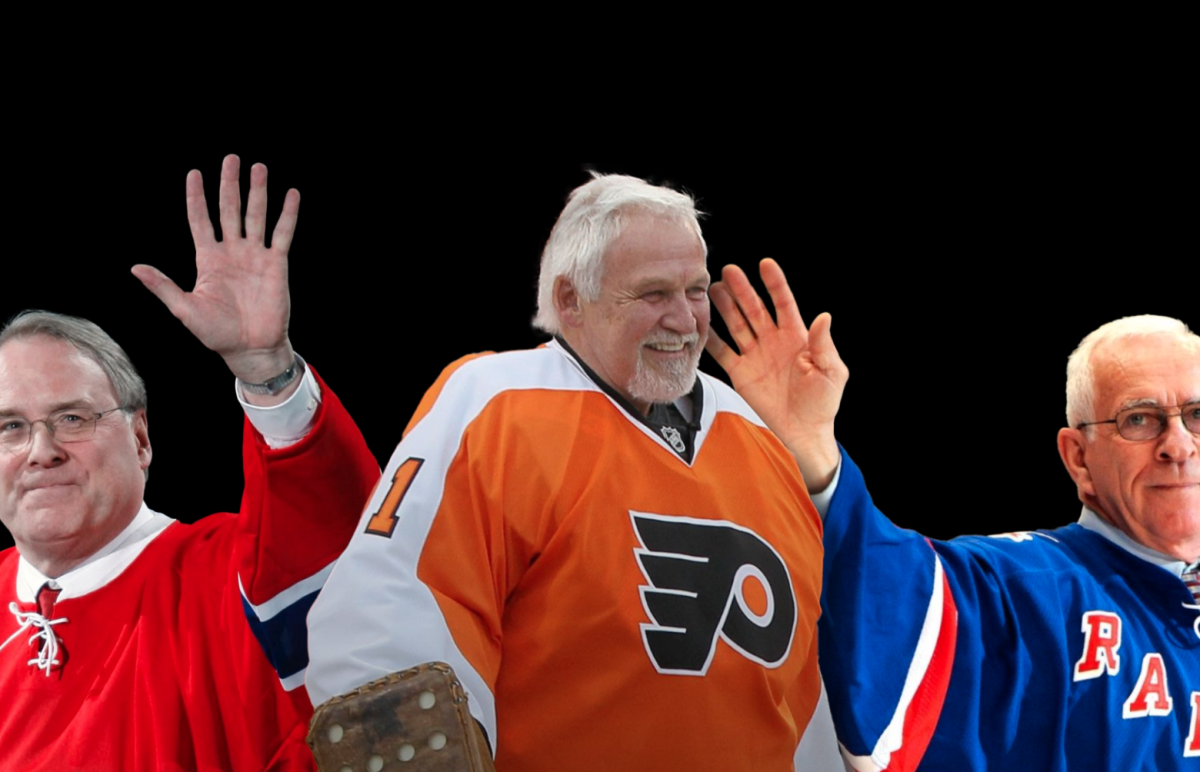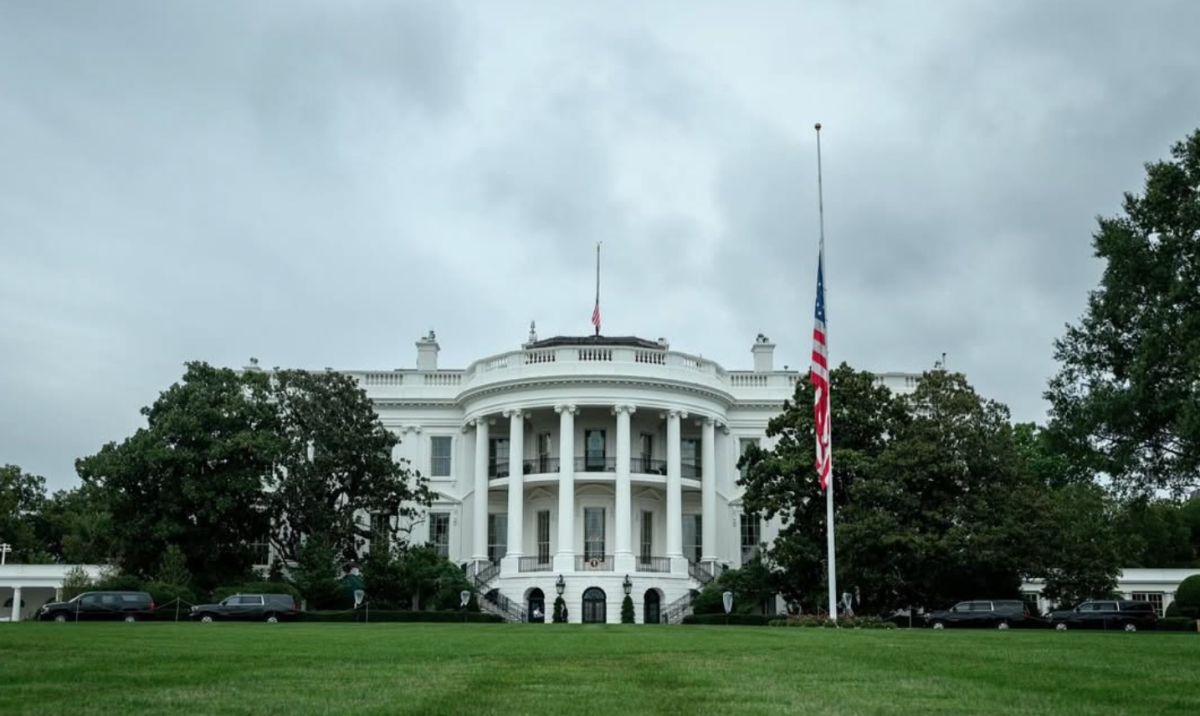By Jack McLoone

In a time where many feel like democracy is failing – Russell Westbrook is not starting the All-Star Game, “Good job Jack” beat out “You’re bad at tweets” in my poll about my Twitter account and there was some other election thing – one voting body finally got it right: on Wednesday, Tim Raines was finally elected into the Baseball Hall of Fame.
This is not another article shouting into the void about why Raines deserves his spot in the Hall. Jonah Keri, Ryan Spaeder and plenty of others have done so more effectively than I ever could, and there’s no real reason to belabor the point anymore. I don’t need to tell you about how Raines’s rate stats outstrip Hall of Famer Lou Brock’s across the board, or about how his on-base percentage is only 0.003 lower than Tony Gwynn’s or about how he is one of only five players with over 800 steals and was a more efficient base-stealer than Rickey Henderson. Rock is in, with an Expos hat on to boot.
The “Get Tim Raines Elected” movement was one of the most pervasive storylines of this year’s Hall of Fame balloting, right alongside how Bud Selig’s enshrinement and an influx of new voters would affect Barry Bonds and Roger Clemens (9.8 and 8.9 percent jumps, respectively) and how Curt Schilling being a race-baiting and journalist-hating slice of pizza on the ground of the E. Fordham Road subway platform would hurt his candidacy (he dropped 7.3 percent).
The amount of time and effort over the past two years to push Raines into the Hall of Fame is unlike any other player’s candidacy. Sure, Bert Blyleven got a little bit of a push from the sabermetric community, but nothing on the scale of Raines, who jumped from 24.3 percent in his first year on the ballot to 55 percent in 2015, 69.8 percent in 2016 and finally 86 percent this year. So, with the sabermetric community and fans of the dearly departed Montreal Expos franchise having their biggest Hall of Fame victory to date, what does that mean?
For one thing, the statheads will most likely turn their eyes to another underappreciated yet transcendent talent: Edgar Martinez. Spaeder has already made it clear that he is going to make the extra effort for Martinez in his last two years of eligibility. This year he came in at 58.6 percent, just 16.4 percent below the requisite 75. If half the weight put behind the Raines campaign makes the transition to the Edgar camp, his induction should be all but guaranteed.
However, the ripples of the big splash of Raines in the Hall of Fame don’t stop at “the next man up.” For one thing, I’m not entirely sure what Jonah Keri is going to do with himself now. He committed so much of his time over the past two years to trying to get his childhood heroes into the Hall, and unlike those of us who set goals like “maybe eat less garbage” or “become a better writer,” he actually achieved it. But now that that’s done, what new goal will he set for himself? Will he put his weight behind another former Expo, Larry Walker? Or will he become an advocate for the last player in the majors to play for the Expos, who may deserve more of a spot in Ripley’s than Cooperstown: Bartolo Colon? Another possible outcome could be that he overdoses on poutine and Cinquante at the Induction Ceremony after party in Cooperstown in July, which would be unfortunate but fitting.
A more understated outcome of the Raines election, however, could be the revival of Major League Baseball in Montreal. There’s probably no cooler retro sports franchise right now than the Expos (outside of the New Jersey Swamp Dragons), and commissioner Rob Manfred is reportedly considering expansion, with Montreal on the short list. The Blue Jays and Red Sox played an exhibition game in old Olympic Stadium before last season to large crowds. Montreal Mayor Denis Coderre is leading a push to bring baseball back to Montreal as well.
But the final lunge could be the success of the Raines campaign. A big reason for the Expos failure and, by proxy, the underappreciation of Raines, was the relative obscurity of baseball in Montreal to the rest of the league. As more and more people looked into Raines and discovered the Expos’ intriguing history(many through Keri’s book) more and more people have become interested in the return of Major League Baseball there. With the internet and streaming, the Expos would not fade into obscurity.
And a transcendent player like Tim Raines wouldn’t have to be willed into the Hall of Fame. Everyone would realize right away that the next great Expo was someone worth enshrining.






































































































































































































